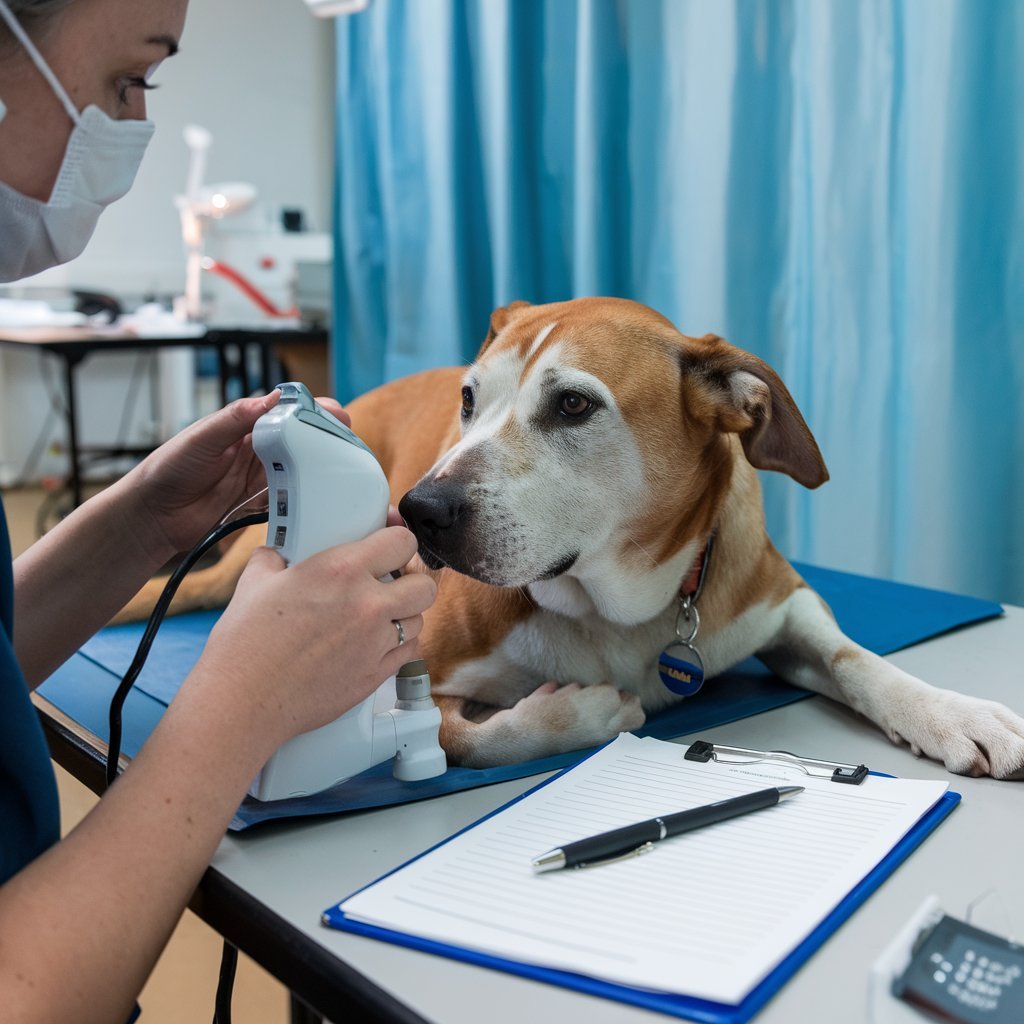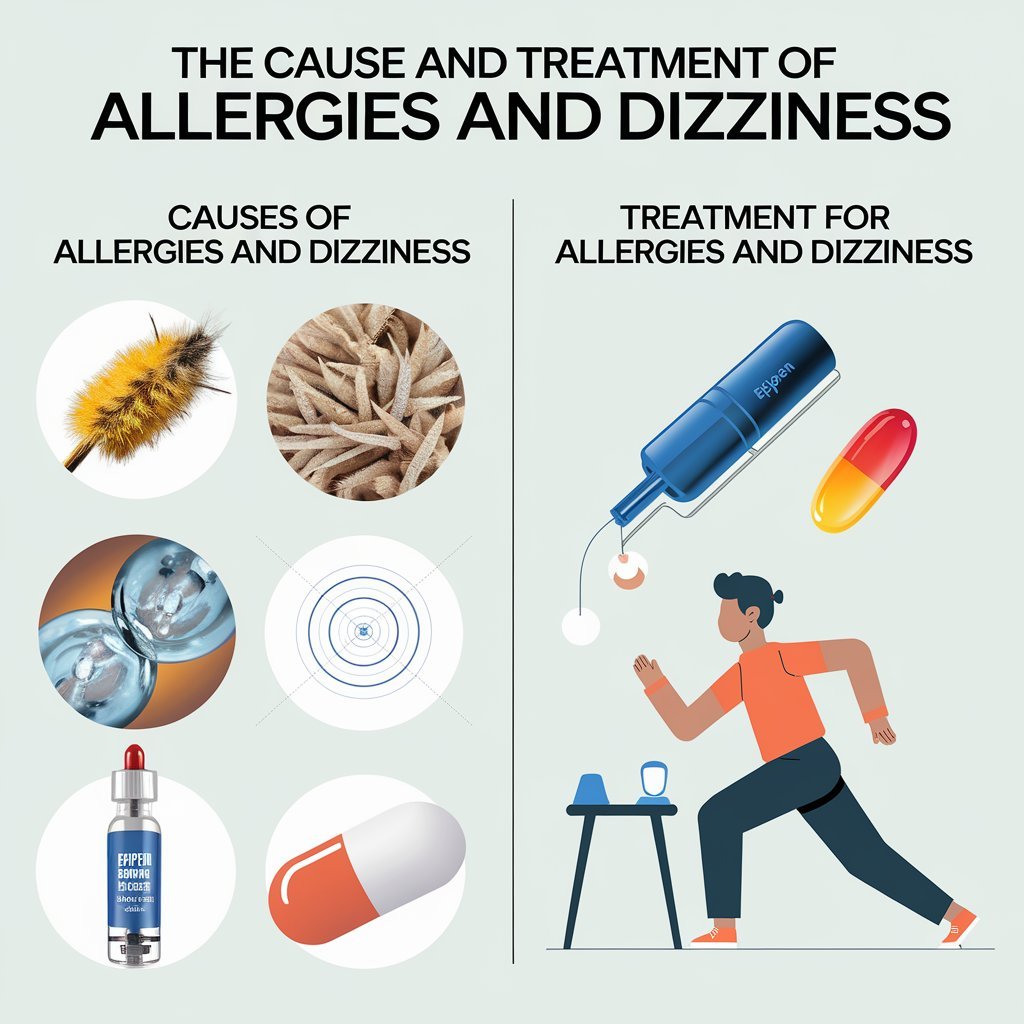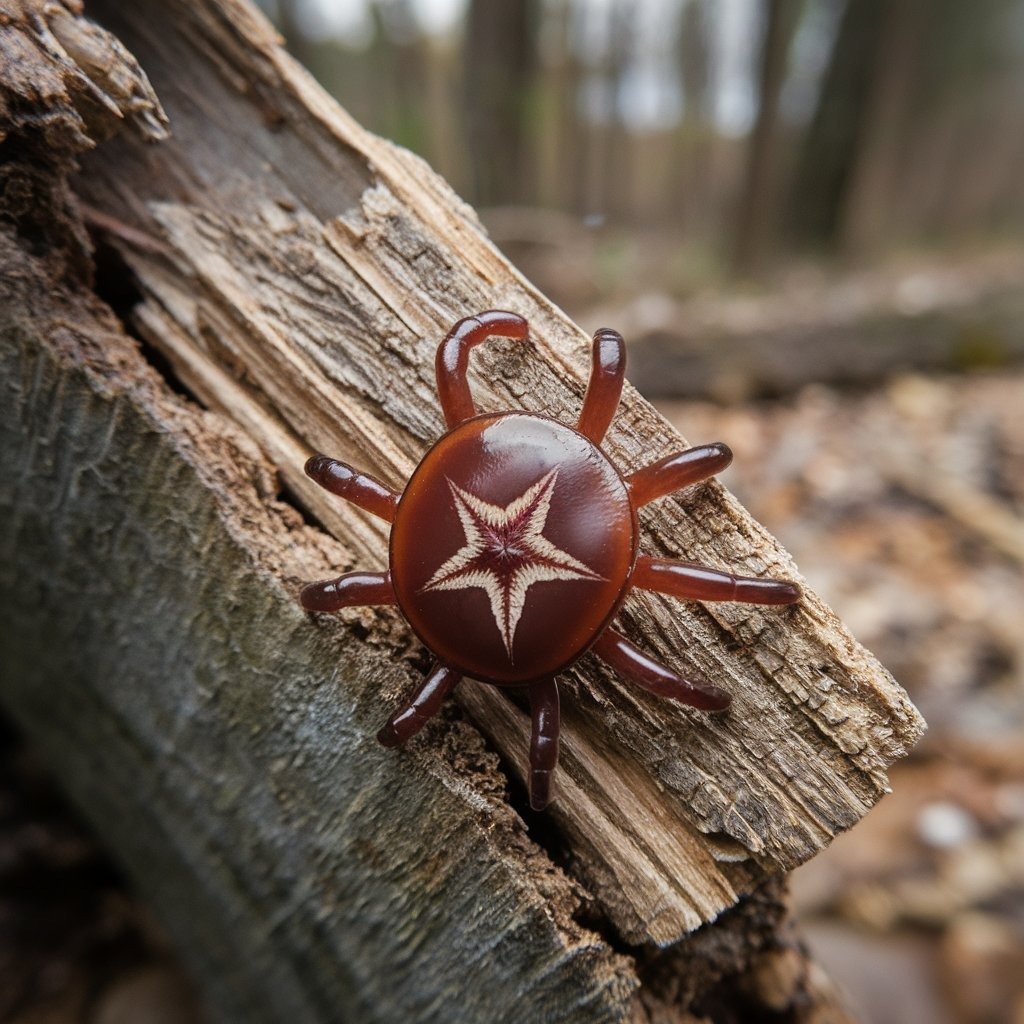You may wonder if someone can be allergic to water, and the answer is yes. This condition is called aquagenic urticaria (AU). Water allergy occurs when your skin breaks out in hives due to exposure to water but does not necessarily react if you ingest it. There are many rare allergies, and one study found fewer than 100 cases of this particular allergy.
Another condition, aquagenic pruritus (AP), can be associated with aquagenic urticaria. In this case, the skin itches after exposure to water at any temperature.

Here’s what you need to know about having a water allergy.
What Are the Symptoms?
The symptoms of a water allergy are as follows.
- Burning, itching, or uncomfortable prickling of the skin, which are signs of AP
- Redness of the affected areas
- Wheals-around 1 to 3 millimeters wide-these are areas of swelling
- In extremely rare cases, wheezing or shortness of breath
AU can take a little while to develop. Symptoms may appear within 20 to 30 minutes of water exposure and can take up to 60 minutes to resolve.
AP makes the skin itchy but doesn’t result in any visual skin changes.
Its symptoms occur quickly but may last longer. A person may experience itching between two and 15 minutes of exposure, which can take one to two hours to resolve.
What Triggers Water Allergy?
The causes of aquagenic urticaria and pruritus are unknown, but there are theories about what may play a role in their development. For instance, researchers have suggested that AP may be associated with histamine, the substance your body produces when it comes into contact with an allergen.
Other possible factors for AP include.
- Hepatitis C
- Lactose intolerance
- Polycythemia vera (PV)—a type of blood cancer
Histamine is also reportedly to be associated with the induction of aquagenic urticaria. Genetic, environmental, or both components could explain the additional causal factors.

How is it Diagnosed?
The diagnosis of a water allergy includes a health provider asking for symptoms, personal history, and family history. In addition, the health provider will also do a physical exam and conduct a water challenge test to ascertain whether or not a person has a reaction to water.
Related Conditions
Aquagenic urticaria can appear like the other types of urticarias—cool and cholinergic urticarias. Cool urticaria usually occurs after exposing one’s body or parts of it to cold or to items containing cold, such as ice, whereas cholinergic urticaria occurs after exposure to sweat resulting from increased body temperature.
It is crucial to note that though the signs of all three may be similar, the cool and cholinergic urticarias are distinct from aquagenic urticaria. The main distinctions are attributed to the environmental factors that trigger them.
What Are the Treatments for Water Allergy?
Many of the treatments are the same for AP and urticaria. Other than trying to avoid or limit exposure to water—which can be almost impossible to do—treatments may include.
- Antihistamines—though they may only be helpful for some people with AP
- Antileukotrienes—medications that help individuals with asthma and, in some cases, those with allergies
- Barrier moisturizers containing ceramide
- Omalizumab-a drug that binds to antibodies released in response to allergen
- Phototherapy, also known as light therapy
Prevention
Scientists do not know what might prevent water allergy. It may be possible to prevent flares by avoiding water, but that is probably not practical.
Complications
With either aspect of a water allergy comes the potential for complications. Other complications of AP can include.
- Decreased desire to bathe
- Insomnia
- Negative impact on normal activities due to severe itchiness
- Prurigo nodules and excoriations—hard, itchy bumps
Possible complications of AU can be the same as those associated with having urticaria in general. With urticaria, particularly chronic urticaria, one may have experience with.
- Anxiety, depression, or a combination of these
- Scratch marks due to scratching the urticaria lesions
- Disturbance of sleeping and daily functioning
Moreover, any allergy carries the risk of anaphylaxis, or extremely severe allergic response. These conditions need immediate attention from the doctors and may even present with manifestations such as.

- Anxiety
- Precordial discomfort or tightness
- Coughing, wheezing, or high-pitched breathing sounds
- Difficulty breathing
- Dizziness
- Eye, face, or tongue swelling
- Hives
- Nasal congestion
- Slurred speech
- Unconsciousness
Living with being allergic to water.
There is no known cure for water allergy, and it is hard to determine the exact prognosis for individuals with a water allergy. Some researchers have suggested that, for instance, the prognosis for aquagenic urticaria may be varied after treatment.
The fact is that research on the consequences for water-allergy sufferers is meager. A medical professional will provide insight into what to do for this condition, making it easier to determine a plan of treatment that works. Some people are allergic to water. They might benefit greatly from having proper treatment.




